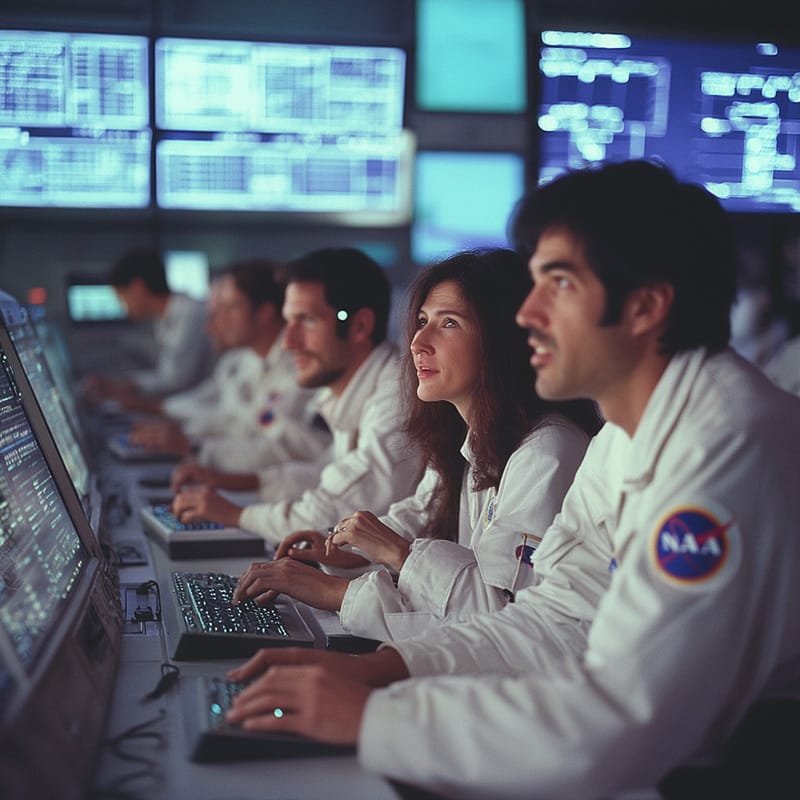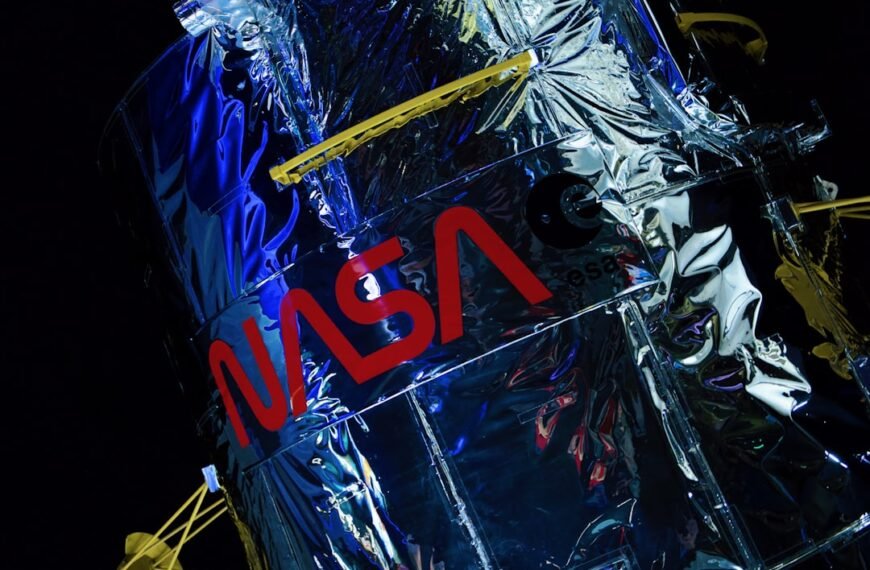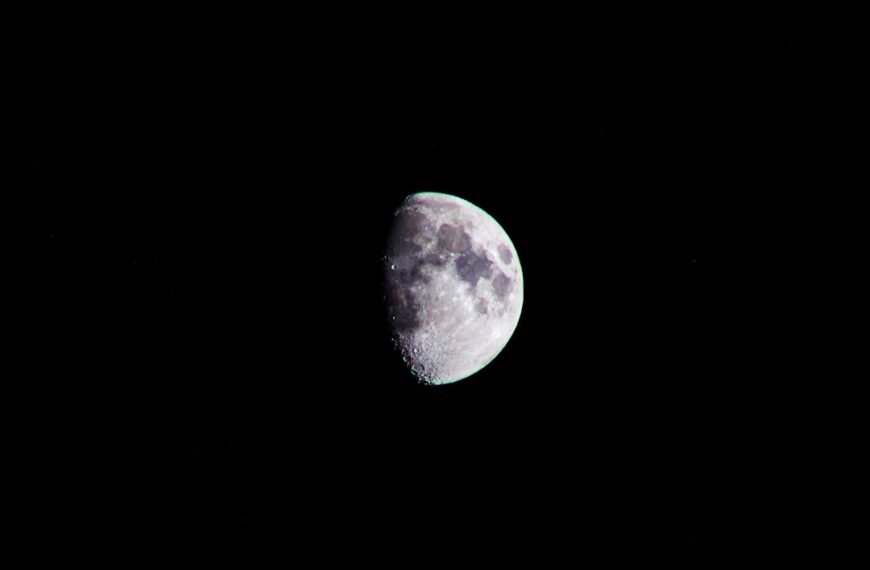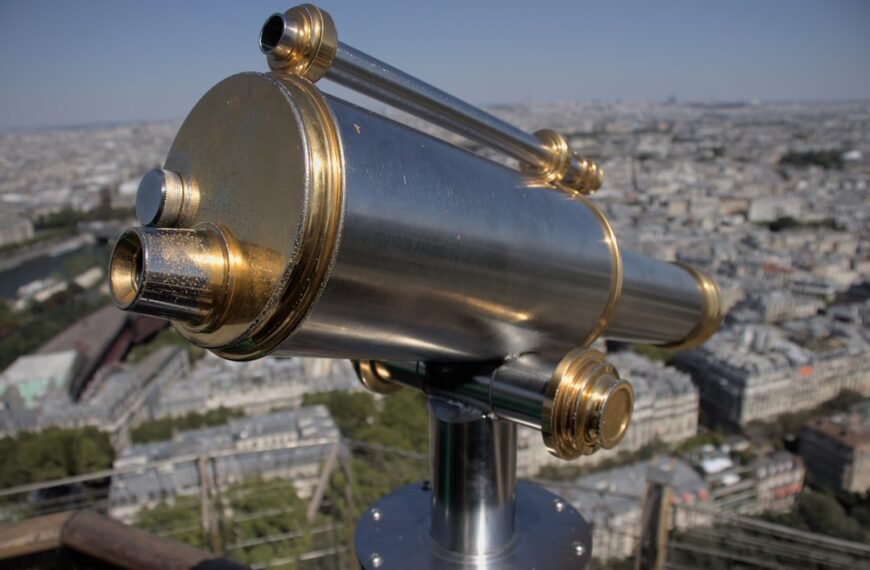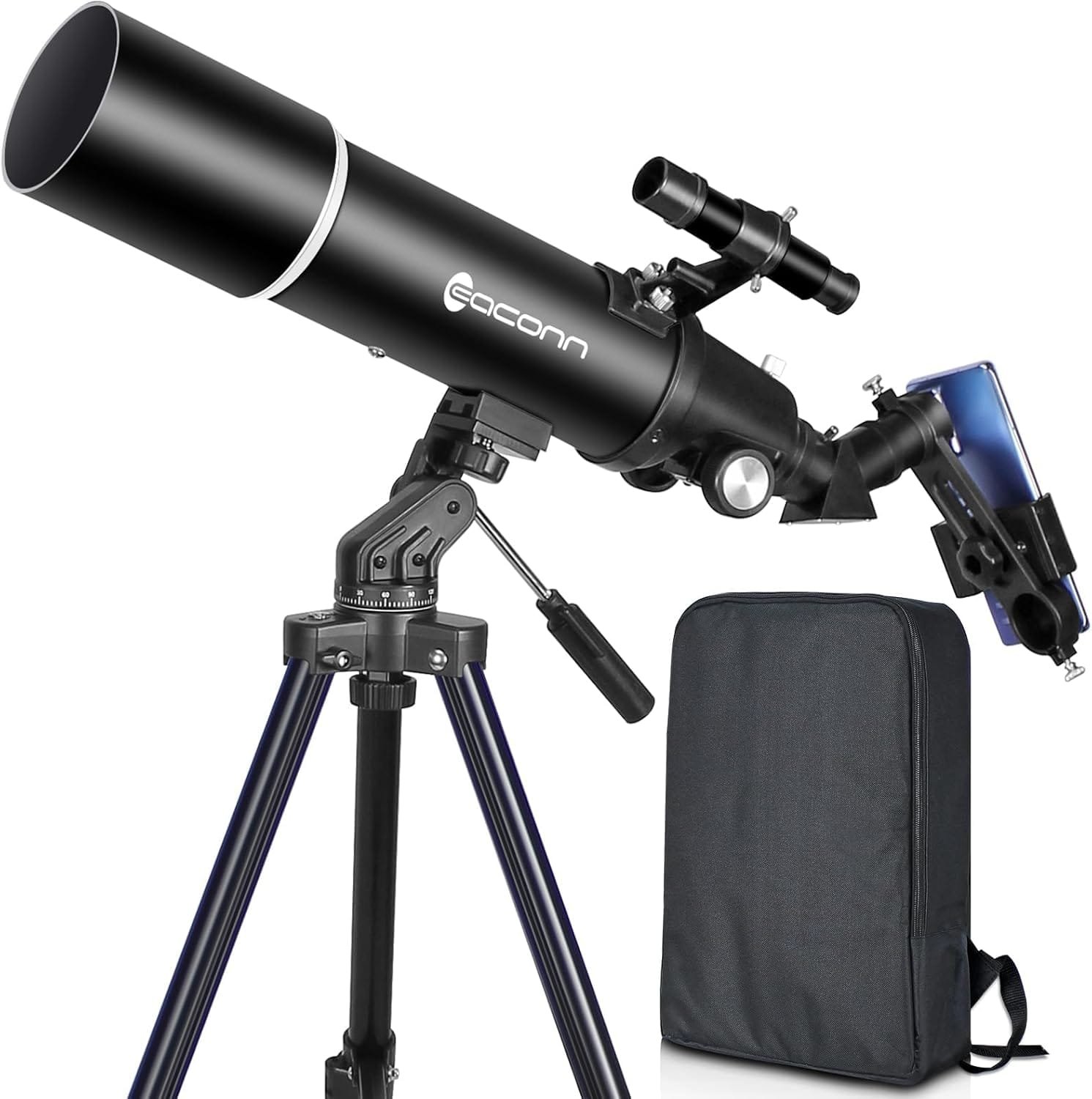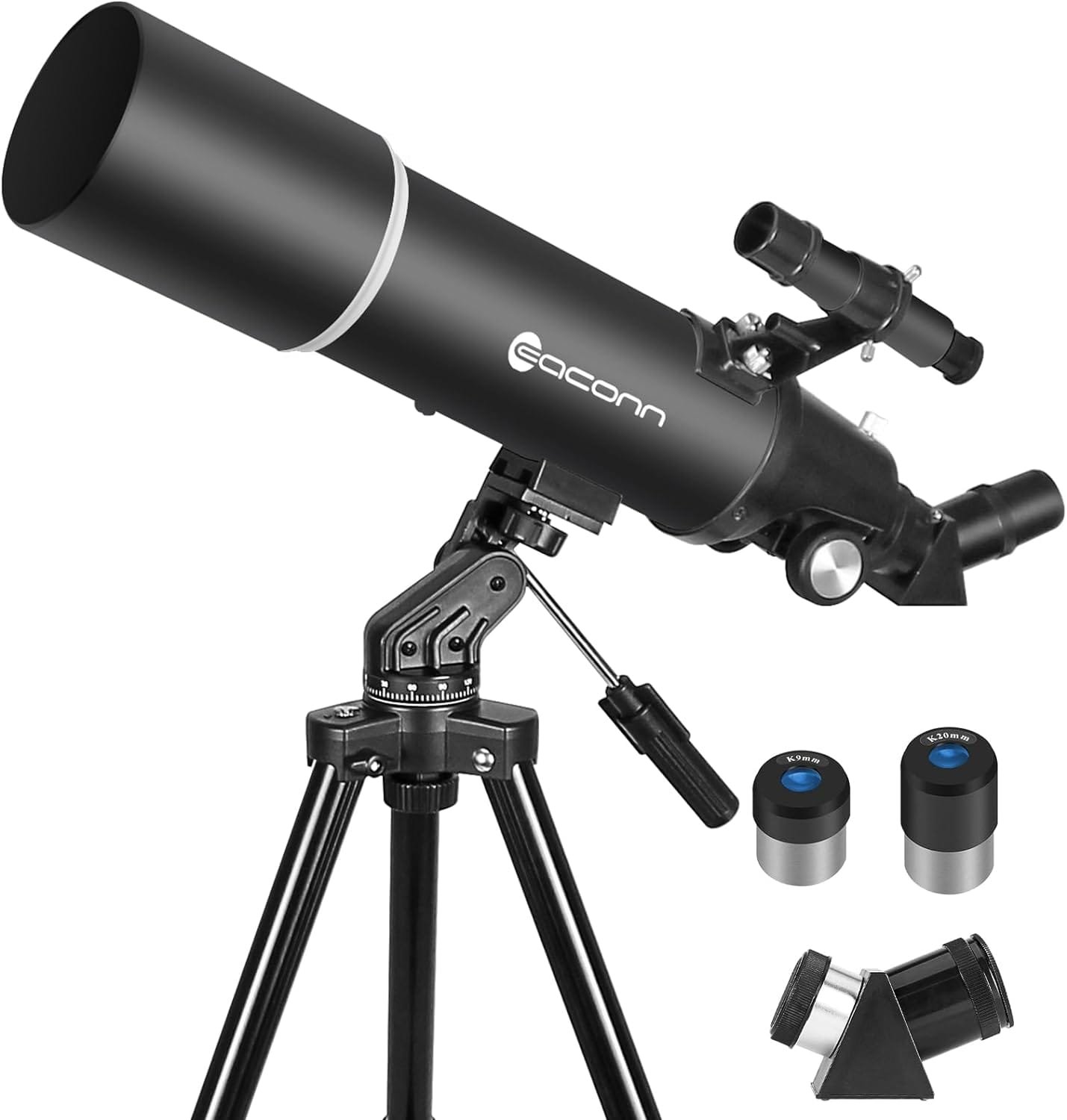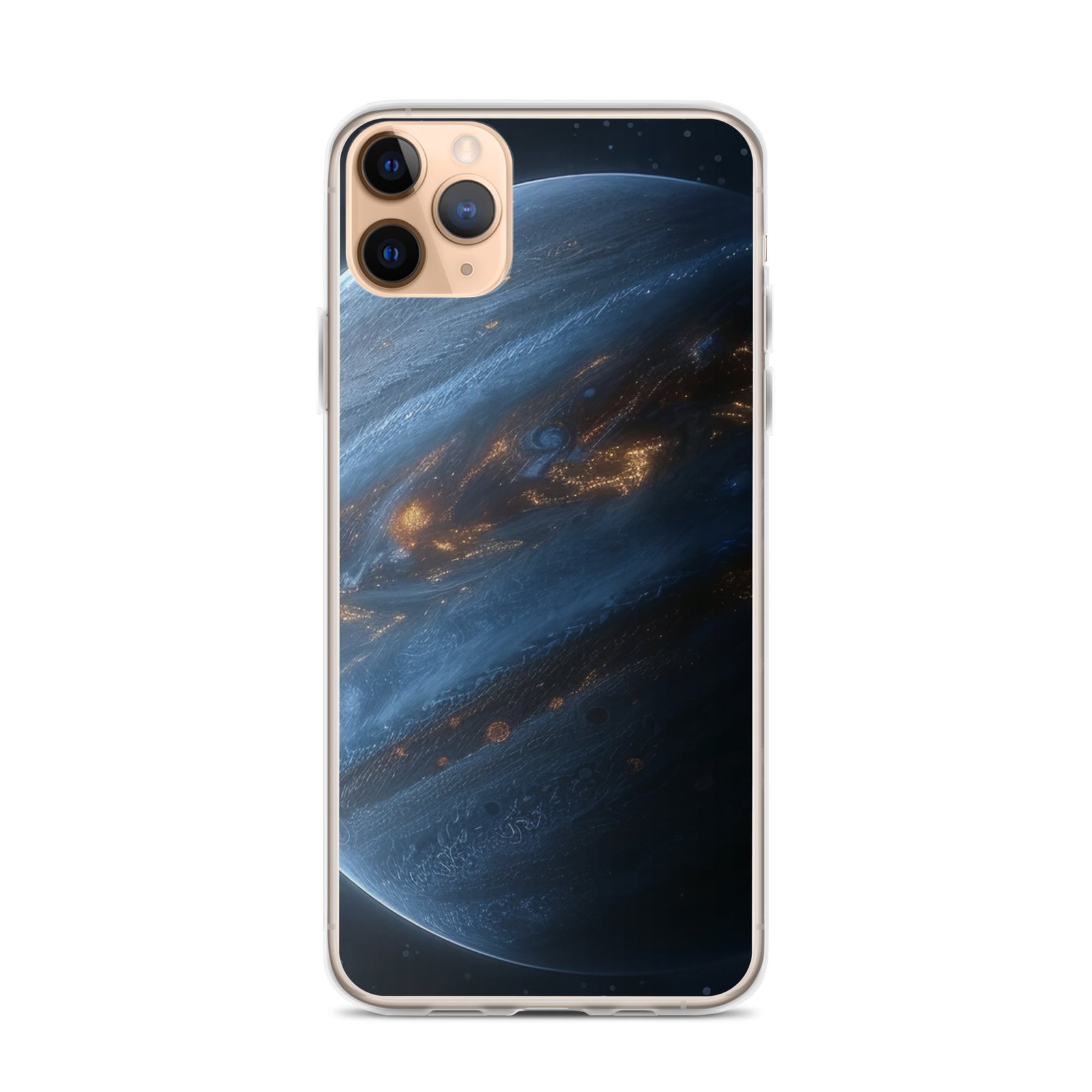Discover how non-Americans can work with NASA through alternative pathways. Explore research programs, contractor roles, and international partnerships!
Key Takeaways:
- Non-Americans face significant restrictions when applying for direct employment at NASA due to U.S. citizenship requirements.
- There are alternative pathways for non-U.S. citizens, such as research collaborations, contractor roles, and international partnerships.
- Opportunities exist through programs like the NASA Postdoctoral Program (NPP) and partnerships with international space agencies.
- Legal restrictions, such as export control laws and security clearance requirements, limit access to certain roles.
Can Non-Americans Work for NASA?
The question, “Can I work in NASA if I’m not American?” is a common one among space enthusiasts and professionals worldwide. The short answer is yes, but with limitations. NASA’s employment policies and the sensitive nature of its work create barriers for non-U.S. citizens. However, there are alternative pathways and opportunities for international collaboration.
Why Does NASA Require U.S. Citizenship?
NASA is a U.S. government agency, and most of its positions are classified as civil service roles, which are restricted to U.S. citizens. This requirement is primarily due to:
- Export Control Laws: NASA’s work often involves sensitive technologies and information governed by the International Traffic in Arms Regulations (ITAR) and Export Administration Regulations (EAR). These laws are designed to protect U.S. national security and prevent the unauthorized transfer of technology to foreign nationals.
- Security Clearances: Many NASA positions require security clearances, which are typically only available to U.S. citizens.
These restrictions make it challenging for non-Americans to secure direct employment at NASA. However, there are exceptions and alternative pathways.
Opportunities for Non-Americans at NASA
Despite the restrictions, non-Americans can still work with or for NASA through various programs and partnerships. Below are some of the most viable options:
1. Green Card Holders
Non-U.S. citizens who hold a Green Card (lawful permanent residents) may be eligible for certain NASA positions. Under ITAR, Green Card holders are treated as “U.S. Persons,” allowing them to work on projects involving controlled technologies.
2. NASA Postdoctoral Program (NPP)
The NASA Postdoctoral Program is open to non-U.S. citizens with specific visa statuses, such as the J-1 Visa for research scholars. This program allows international researchers to conduct cutting-edge research at NASA centers. Eligibility depends on meeting visa requirements and other criteria.
3. Contractor Positions
Non-Americans can work for NASA indirectly by joining private companies that have contracts with NASA. These companies may have more flexible hiring policies and are not bound by NASA’s citizenship requirements. Examples of contractors include aerospace giants like Boeing, Lockheed Martin, and SpaceX.
4. International Space Partners
NASA collaborates with international space agencies, such as:
- European Space Agency (ESA)
- Canadian Space Agency (CSA)
- Japan Aerospace Exploration Agency (JAXA)
- German Aerospace Center (DLR)
- Italian Space Agency
- Brazilian Space Agency (AEB)
Through these partnerships, non-Americans can contribute to NASA missions and projects.
5. Space Act Agreements (SAAs)
NASA uses Space Act Agreements to establish partnerships with international entities. These agreements allow non-U.S. organizations and individuals to collaborate on NASA projects, either on a reimbursable or non-reimbursable basis.
6. Artemis Accords
The Artemis Accords, signed by 33 nations, outline principles for international cooperation in space exploration, particularly for lunar missions. This framework provides opportunities for non-Americans to engage with NASA’s Artemis program.
7. Research and Academic Collaborations
NASA frequently partners with international universities and research institutions. For example, astrophysics research using NASA’s scientific balloons often involves global academic teams.
8. Citizen Science and Volunteer Opportunities
NASA offers citizen science projects that are open to individuals worldwide. These initiatives allow people to contribute to NASA’s research and data collection efforts without formal employment.

Legal and Practical Challenges for Non-Americans
While there are pathways for non-Americans to work with NASA, several legal and practical challenges remain:
1. Export Control Regulations
ITAR and EAR govern the export of dual-use items and defense-related technologies. These laws restrict access to certain information and technologies for non-U.S. citizens, even within the U.S.
2. Security Clearances
Many NASA roles require security clearances, which are generally unavailable to non-U.S. citizens. This limits the types of positions non-Americans can apply for.
3. Deemed Exports
Under U.S. export control laws, sharing controlled technology with foreign nationals within the U.S. is considered a “deemed export” and may require an export license.
Alternatives for Non-Americans Interested in Space Careers
If working directly for NASA is not an option, there are several alternatives for non-Americans to pursue a career in space exploration:
1. Work with International Space Agencies
Consider joining space agencies in your home country or region. Many of these agencies collaborate with NASA on international missions. Examples include:
- European Space Agency (ESA)
- Canadian Space Agency (CSA)
- Indian Space Research Organisation (ISRO)
- Australian Space Agency (ASA)
2. Join Private Space Companies
Private companies in the space industry often work on NASA contracts or collaborate with NASA on projects. These companies may have more flexible hiring policies. Examples include:
- SpaceX
- Blue Origin
- Rocket Lab
- Virgin Galactic
3. Participate in Academic Research
Many universities and research institutions partner with NASA on scientific projects. Pursuing a career in academia can provide opportunities to contribute to NASA-related research.
4. Engage in International Collaborations
NASA’s international partnerships create opportunities for non-Americans to contribute to space exploration. For example, the International Space Station (ISS) is a collaborative effort involving multiple countries.
Examples of Non-Americans at NASA
While direct employment at NASA for non-U.S. citizens is rare, there are notable examples of foreign-born individuals contributing to NASA’s missions:
1. Franklin Chang-Diaz
Born in Costa Rica, Franklin Chang-Diaz became the first Hispanic-American astronaut. He flew on seven Space Shuttle missions and made significant contributions to space exploration.
2. José M. Hernández
Although born in the U.S., José Hernández’s story resonates with many non-Americans. He grew up in a migrant farming family from Mexico and became a NASA astronaut.
3. Other Non-U.S. Born Astronauts
At least 20 astronauts who were not born in the U.S. have worked with NASA, showcasing the agency’s collaborative spirit.
Final Thoughts
So, can you work at NASA if you’re not American? The answer is yes, but with limitations. While U.S. citizenship is required for most NASA positions, there are alternative pathways for non-Americans to contribute to NASA’s missions. These include research collaborations, contractor roles, and partnerships with international space agencies.If you’re passionate about space exploration, consider exploring these opportunities. Whether through academic research, private companies, or international collaborations, there are many ways to make your mark in the space industry—even if you’re not American.


